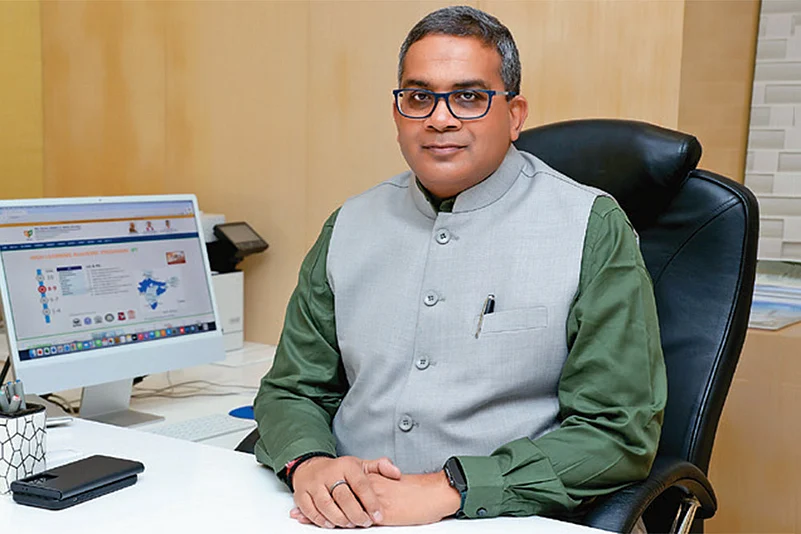The Central Institute of Petrochemicals Engineering and Technology (CIPET), functioning under the Department of Chemicals and Petrochemicals (DCPC), Ministry of Chemicals and Fertilizers, Government of India, is supporting the nation’s efforts in sustainable plastic waste management. With a network of 48 centre’s nationwide, CIPET is a key driver of innovation, capacity building, and research aimed at reducing plastic pollution and advancing a circular economy. “CIPET is actively leading the “NO” to “KNOW” Plastic campaign and workshop to raise awareness and promote informed understanding of plastics among students, the general public, and other stakeholders.”
CIPET has established four specialized Plastic Waste Management Centres (PWMCs) in Bengaluru, Bhagalpur, Varanasi, and Sanand. These facilities, developed with the support of the DCPC, are equipped with cutting-edge technologies including mechanical recycling units, plastic-to-fuel pyrolysis plant, and e-waste recycling systems. The most common and widely used mechanical recycling system has all the essential units viz. ballistic separator, zigzag classifier, multiple automated washing lines, shredder, robust extruder, etc., ensuring efficient sorting and cleaning of plastics wastes and conversion to high quality pellets. For low-value and multi-layer plastic wastes, pyrolysis technology is used to convert the material into fuel, wax, and gas, which is further utilised within the facility, showcasing a self-sustaining circular model.
The R&D wings of CIPET are pioneering sustainability in plastics by advancing technologies that promote the circular economy and reduce carbon footprint. Through innovative methods, plastic waste is transformed from packaging, agri-residue, Waste Electrical & Electronic Equipment (WEEE), and construction debris into high-quality recyclates and useful composites for diverse applications. The work includes cutting-edge waste characterization, microplastic remediation, and the development of biodegradable bioplastics from renewable sources such as agro-waste and seaweed. These materials meet international standards for industrial composting, making them suitable for agriculture and packaging. Additionally, CIPET fosters startups like Carbon and Whale Sustainable Innovations Pvt. Ltd., which repurpose plastic waste into durable, attractive furniture, thereby preventing environmental pollution and gaining traction in public spaces such as Kochi Metro, Lulu Malls, and Ernakulam Marine Drive. These efforts are playing vital role in mitigating the climate change to achieve the target of net-zero emissions.
As the world confronts plastic pollution, CIPET’s comprehensive model—blending innovation, infrastructure, education, and environmental stewardship—serves as a benchmark in building a sustainable future to achieve the vision of the ‘Viksit Bharat’.
Prof. (Dr.) Shishir Sinha, Director General – CIPET
“In an era where sustainability is paramount, the “NO” Plastic to “KNOW” Plastic” campaign stands as a testament to our commitment to environmental stewardship. This initiative aims to transform public perception by educating individuals about the responsible use, recycling, and management of plastics. By fostering a culture of knowledge and responsibility, we can collectively mitigate the adverse impacts of plastic waste. Let us embark on this journey towards a cleaner, greener future, where understanding plastics leads to sustainable solutions.”

























